 If ever there were a time and place for the city’s historic preservation office to enforce the city’s Demolition by Neglect Ordinance, the time would be now and the place would be at 1232 Druid Hill Ave., just west of Bolton Hill. I live close by.
If ever there were a time and place for the city’s historic preservation office to enforce the city’s Demolition by Neglect Ordinance, the time would be now and the place would be at 1232 Druid Hill Ave., just west of Bolton Hill. I live close by.
That ordinance says that properties recognized as historic should not be allowed to deteriorate due to negligence, lack of maintenance or abandonment. Seven years ago, the city allowed the property next door at 1234 Druid Hill Ave., The Lillie May Carroll Jackson Freedom House, to be demolished. A public protest, led by Baltimore Heritage, was held which garnered national attention.
Bethel AME Church at 1300 Druid Hill Ave. owns that property. (Bethel’s own roots trace back to 1811 and the founding of the AME Church.)
Bethel also owns what remains of 1234 Druid Hill Ave., which was the home of Harry S. Cummings, Baltimore’s first black city council member, and his family. In the 1950s and 1960s, the building served as offices for the local NAACP, hosting Martin Luther King Jr. and Eleanor Roosevelt when they came to Baltimore to meet Dr. Jackson and other activists. In 1970, the property became “Freedom House” and eventually was donated to Bethel AME Church.
1232 and 1234 Druid Hill Ave. currently are not protected by CHAP as they lie just outside the current Marble Hill Historic District Boundaries. The Marble Hill Improvement Association recently asked CHAP to revisit extending the boundaries of the current historic district to include the 1200 block of Druid Hill Avenue, which includes these two properties, the city’s first black YMCA and Union Baptist Church, a National Historic Landmark.
Bethel also wanted to demolish 1232 Druid Hill Ave. A hearing was requested of the City’s Commission for Historic and Architectural Preservation (CHAP) by Marble Hill leaders. Following heated testimony, the commission voted to temporarily protect 1232 Druid Hill Ave. from the ill fate of The Freedom House. The Marble Hill Improvement Association has recently asked the city council to introduce legislation to preserve 1232 Druid Hill Ave.
CHAP further ordered that 1232 Druid Hill Ave. be stabilized with a new roof, structure replaced and a new rear wall built. The new roof and stabilization were never completed. The unbraced rear wall collapsed in February 2023. The housing agency recently posted a Condemnation and Demolition notice. Bethel Church is once again attempting to obtain demolition permits for 1232 Druid Hill Ave.
This well-documented case is the epitome of demolition by neglect. Meetings with the Marble Hill Architectural Review Committee to persuade CHAP to intervene have resulted in no response. Marble Hill is a city historic district and requires CHAP approval for alterations to the front or rear of a property. Marble Hill is also contained in the Old West Baltimore National Historic District.
There have been many preservation successes in Marble Hill in recent years. Marble Hill is in a state of transition. Seven rowhomes in the 1300 block of Druid Hill Avenue were saved from city demolition and are now renovated or under construction, including the Clarence M. and Juanita Jackson Mitchell House at 1324 Druid Hill Ave. In 2015, Henry Highland Garnet Park was completely renovated. It is the gem of Marble Hill. The park has attracted new families to Marble Hill. Historically compliant home renovations have increased property values. This progress is now spreading to adjacent blocks.
Another major success story is the stabilization of The Home of the Friendless at 1313 Druid Hill Ave. by the city and Trionfo Builders. The imposing Italianate 1870 structure is now being considered for permanent landmark status by CHAP. PS 103, Thurgood Marshall’s primary school, owned by Beloved Community Services of Union Baptist Church, is undergoing a $10 million renovation. It is under consideration as a potential National Park Service Site.
1239 Druid Hill Ave., formerly The Juanita Jackson Mitchell Law Office, received several million dollars in historic preservation grants and will be renovated back into law offices and a display area. Despite these encouraging successes to save Baltimore’s African-American Civil Rights History, the city seems conflicted about protecting an important historic element of Black History at 1232 Druid Hill Ave.
There still are many vulnerable vacant properties threatened with demolition in Marble Hill, unless the city works judiciously with local preservation groups to research and save them. Marble Hill was the epicenter of the African American Civil Rights Movement from the late 1890s to the 1970s. It has the potential to be a United Nations UNESCO World Heritage Site, for the cultural contributions that changed our nation, both in jazz and African-American civil liberties. Nearly every property in Marble Hill is a potential local or national landmark. The city should come up with a plan and work judiciously with local preservation groups to research and save them.
–Marti Pitrelli
